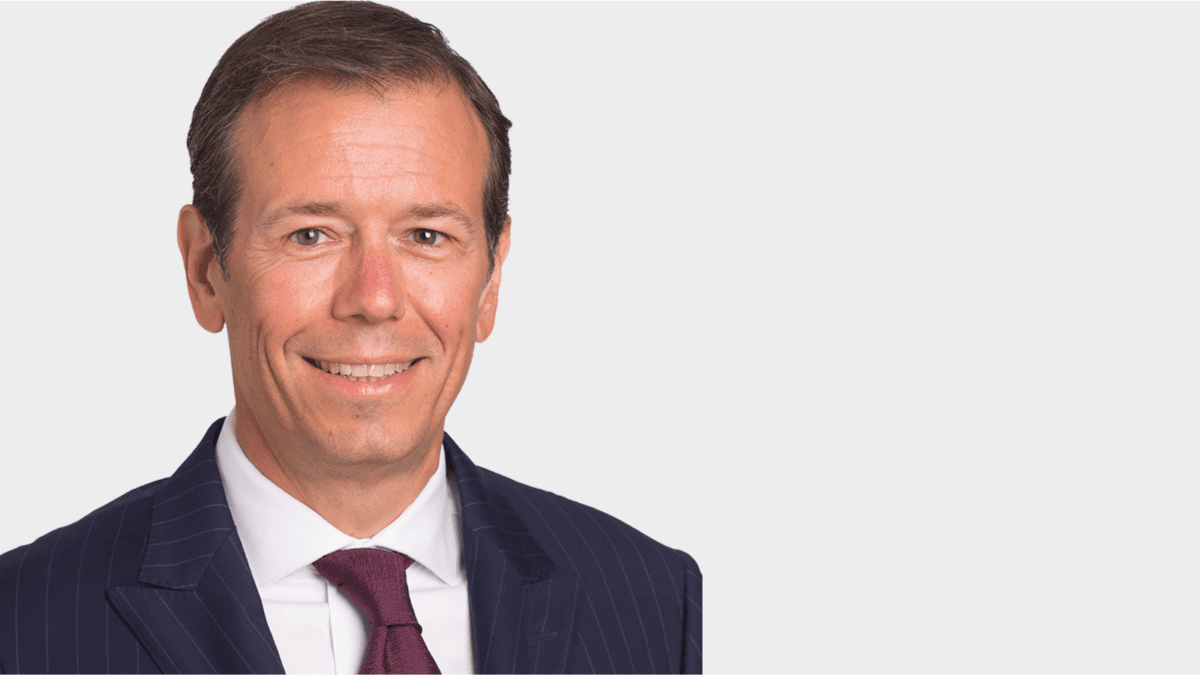A ‘generational opportunity’ looms for distressed debt
“We’re about to go into a pretty rough next 12-18 months,” says Paul Triggiani, managing director and head of distressed credit at Invesco (photo at top). “The companies that made it through Covid are on weaker footing than when they started – if they survived it. And in many cases they’re getting hit with higher energy costs, higher labour costs, higher cost of interest on their debt, and there’s going to be less consumer demand.”
Prior to Covid, the Invesco team mostly deployed capital into the US; now it’s nearly a 50/50 split with Europe. Europe came into Covid weaker on an economic basis, and Russia’s invasion of Ukraine has done little to alleviate the stress that was already present in its economies. This might be one of the rare recessions where energy costs go up given the consensus view for oil prices over the next 12 months.
“It’s difficult to generalise because you have multiple different economies; the Nordics may be different, and what happens in the southern part of Europe could be different to what happens in the UK,” Triggiani says.
“Some of these inflation numbers coming out of the UK have been quite high, and there’s a view that a mid-teens number is not unforeseeable. We haven’t seen those numbers in 40+ years. The back-to-back nature of Covid with this kind of recession and the energy overlay really sets up what could be a generational opportunity in distressed, special situations opportunity.”
Between the GFC and Covid, most distressed managers were “sort of sitting on their hands”. But in the inefficient small- and mid-cap universe where Invesco plays you can still be incredibly active, Triggiani says, because they have idiosyncratic issues – access to capital is limited, most of the companies are private, and they tend to have smaller teams. But in the cycle we’re likely going to see in the next few years, the opportunity set will still expand.
We’re about to have “a good old fashioned recession”, and the Invesco team is now seeing good businesses with no fundamental operating issues that have become overleveraged because demand has fallen and costs have risen. This cycle might not generate better returns than previous distressed vintages, but could do it with less risk.
“In terms of our deployment, we’ve got plenty of capital to put to work but we’re being incredibly patient right now,” Triggiani says. “If you think about the cadence of what happens, inflation goes up, central banks raise rates – the impact is not immediate. It takes time for demand destruction to occur when that happens and that’s a multi-quarter process. You’re starting to see earnings misses roll through right now.”
“Downgrades will occur. There’s more B3/B- debt outstanding than there’s ever been, and there’s more of it issued at the small cap level than there’s ever been. So as we roll through this correction, recession, whatever word you want to use, we’re likely to see a pretty interesting opportunity set develop. But it’s going to take some time for those increased interest rates to impact demand.”











